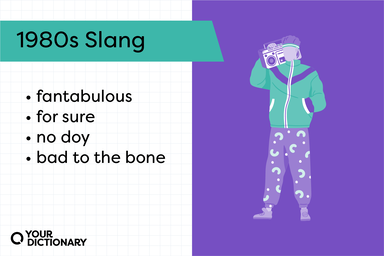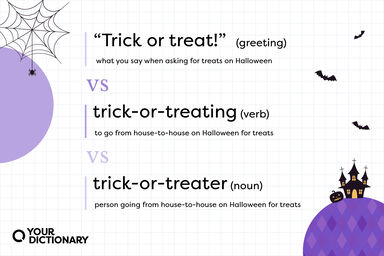Or Definition
- or rather
- on-the-contrary
- in reverse
- oppositely
- correctly speaking
- contrary-to
- or not exactly
- instead-of
- reversing it
- or not
- in preference to
- in-other-words
- conversely
- in-turn
- on-the-other-hand
- beaver-state
- oregon
- operating-room
- surgery
- operating-theatre
- operating theater
(law) Oregon, as used in case citations.
Origin of Or
-
From Middle English or-, from Old English or- (“or-”), from Proto-Germanic *uz- (“out”), from Proto-Indo-European *uds- (“up, out”). Cognate with West Frisian oar-, Dutch oor-, German ur-, Gothic [script?] (us-). Identical with Old English ā- (“a-”). More at a-.
From Wiktionary
-
Middle English from other or (from Old English) (from oththe) and from outher (from Old English āhwæther, āther either)
From American Heritage Dictionary of the English Language, 5th Edition
-
Middle English variant of er from Old English ǣr soon, early and from Old Norse ār ayer- in Indo-European roots
From American Heritage Dictionary of the English Language, 5th Edition
Middle English -or, -our from Old French -eor, -eur Anglo-Norman -our, -ur all from Latin -or -ōr-
From American Heritage Dictionary of the English Language, 5th Edition
Middle English -our from Old French -eur from Latin -or -ōr-
From American Heritage Dictionary of the English Language, 5th Edition
Middle English from Old French from Latin aurum
From American Heritage Dictionary of the English Language, 5th Edition





